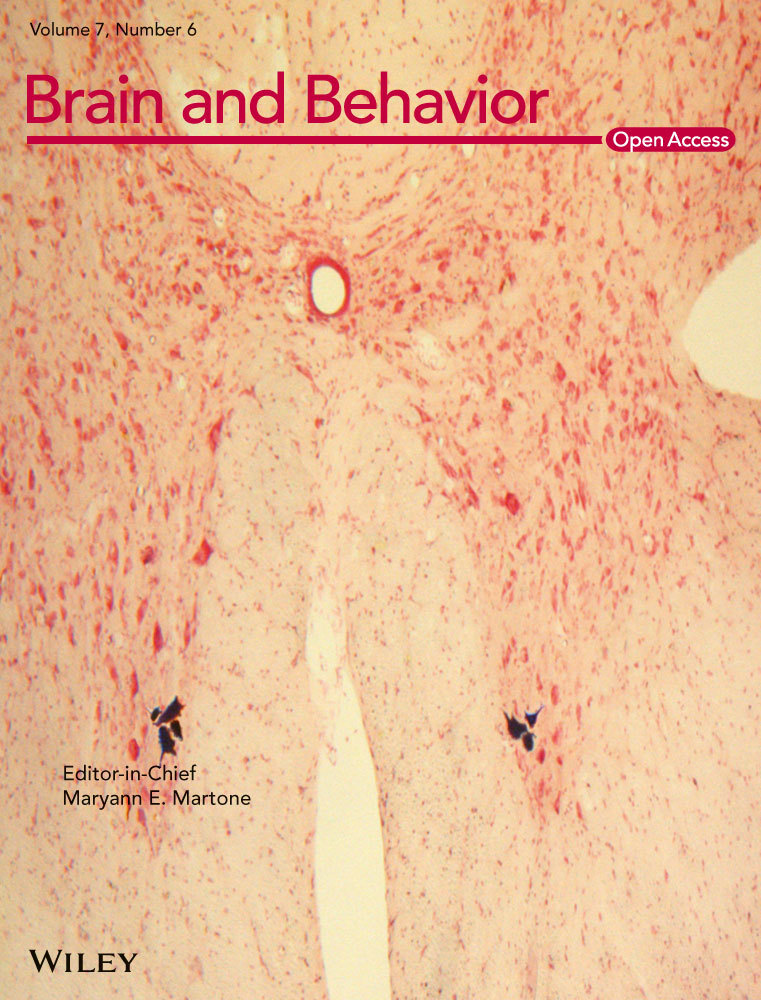“Cure” for multiple sclerosis (MS)—Evolving views of therapy goals in patients on different stages of the disease: A pilot study in a cohort of Polish MS patients
Abstract
Introduction
New aggressive treatments promise improvement of results in the treatment of multiple sclerosis (MS), however, with high risk of serious complications. In this study, we analyzed patients’ acceptance for risks connected with the MS treatment.
Methods
The study was designed as a prospective nonanonymous online questionnaire. Responders were asked about the definition of the “cure” for MS and crucial goals in the treatment.
Results
One hundred and eighty patients filled in the questionnaire (129 women and 51 men), and the mean age was 33 years (SD = 10.29). The MS forms were as follows: relapsing-remitting (65%), secondary progressive (14%), primary progressive (10%), and other (11%), with mean EDSS score of 3 points (SD = 2.6). For 50% of the patients, relief of symptoms such as fatigue (72%), paresis (66%), and balance disorders (65%) was synonymous with “cure.” The patients with faster progression of the disease were likely to accept risky “curative” treatments—with average 68% accepted mortality risk (p = .003). Over 81% of patients accepted mortality rates over 1% for the treatment that achieves self-defined cure.
Conclusion
The study shows that the MS patients are likely to accept even very risky treatments as long as they promise patient-defined “cure.”




